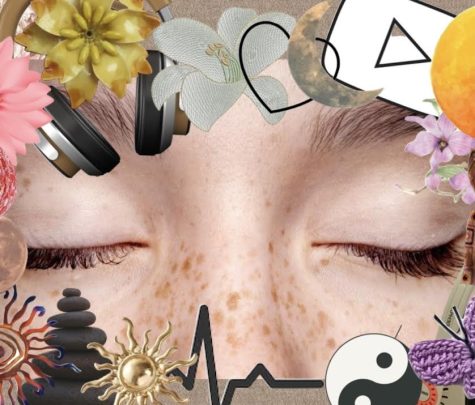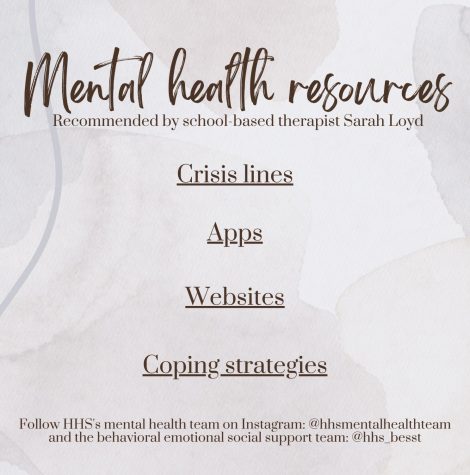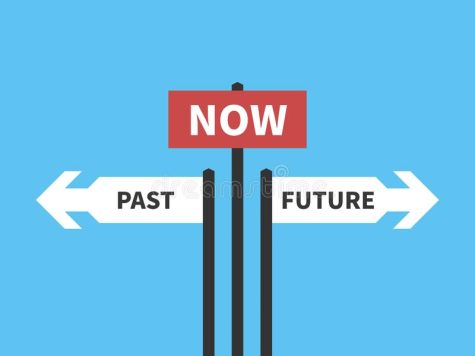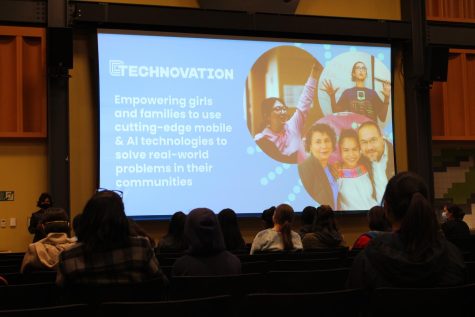You are what you eat, and these people aren’t cheap, fast, or fake
Staff, students share healthy lifestyles and unique diets
With the standardization of processed foods, non-organic produce and added hormones, healthy eating has become hard to follow. However, some students and staff have managed to stick to healthy diets and feel better than ever.
Principal Greg Giglio follows the Primal diet, while history teacher Lela Milirides is committed to the Paleo diet.
“After I turned 40, my wife and I decided to do some stuff to get healthier,” Giglio said. “I feel way better and much more energetic when I do it.”
Both the Primal and Paleo diets exclude carbohydrates, gluten, processed foods and refined sugars. Instead they promote veggies, fruits and protein. However, while Primal allows dairy products and beans, Paleo restricts milk, cheese and legumes.
Excluding carbs and gluten means bread, bagels and most grains are not allowed. Giglio said, “I used to love sourdough toast with peanut butter for breakfast but that’s out now.”
Despite all the restrictions in the Primal diet, it is not as hardcore as the Paleo diet.
“I actually am a strict form of Paleo, it’s called Natural Eating and I also only eat all organic,” Milirides said.
She began her Paleo journey after her dad had a stroke five years ago.
“The book I read that was recommended to him, Deadly Harvest, is about how a lot of the ailments we have are due to our diet,” Milirides said. “From that day on, as soon as I closed the book I subscribed to the Paleo diet.”
Other than the diet, Milirides also does CrossFit, which is a fitness program commonly associated with Paleo. Milirides said many of people in the CrossFit training also follow the Paleo diet.
“It was like finding my home, like these are my people,” Milirides said. “They even have a Paleo food truck.”
Even though Milirides still drinks sugar and milk-free coffee, it is not enough to compensate for the lattes she had to give up.
“Before I went Paleo, I had a latte everyday,” Milirides said. “That was the hardest thing to give up. My lattes.”
Some students, in addition to teachers, also lead unique lifestyles. Senior Whitney Lieberman is vegan and does not eat processed foods or anything derived from animals, except for eggs.
“I cheat a little,” Lieberman said. “I do eat eggs, because I have chickens in my backyard.”
She started the diet when she was in third grade and overheard her parents talking about animal processing.
“That marked the point where I went vegetarian,” Lieberman said.
To make it easier for herself, she has her own system.
“I look at the ingredients and then ask myself, ‘would a third grader understand this if they read it?’ and if they wouldn’t, I steer as far away from it as possible,” Lieberman said.
Lieberman is in the process of writing a cookbook, Whitty Foods, with 75 vegan recipes inside.
“All of the money raised from [Whitty Foods] will go back to some kind of organization that either helps educate youth about benefits of healthy eating, or helps out teenagers with eating disorders,” she said.
Lieberman will self-publish the book on Amazon CreateSpace sometime this upcoming spring.
Senior Leeor Achrich also commits to the true vegan diet, but she eliminates everything and anything that comes from animals, even honey.
“In order to live peacefully and in harmony, I think we need to respect every being on the planet, and respect ourselves too,” Achrich said.
While going vegan can improve health for some people, Achrich is mostly focused on the morals behind it. In a perfect world where animals are treated well, she said she still wouldn’t eat any animal byproducts.
“I just don’t think we need to take anything from anyone, just be happy with what we have,” Achrich said.







![Ranabhat said she is most enthusiastic about the humorous aspects of the play, especially the puppet show.
“[Madara and I] spent a lot of time on the puppet show, and we tried to make it funny,” Ranabhat said. “I am excited to see what people will think about it and if the audience will understand the references.”](https://hhsepitaph.com/wp-content/uploads/2022/05/IMG_7454.CR2_-475x317.jpg)


